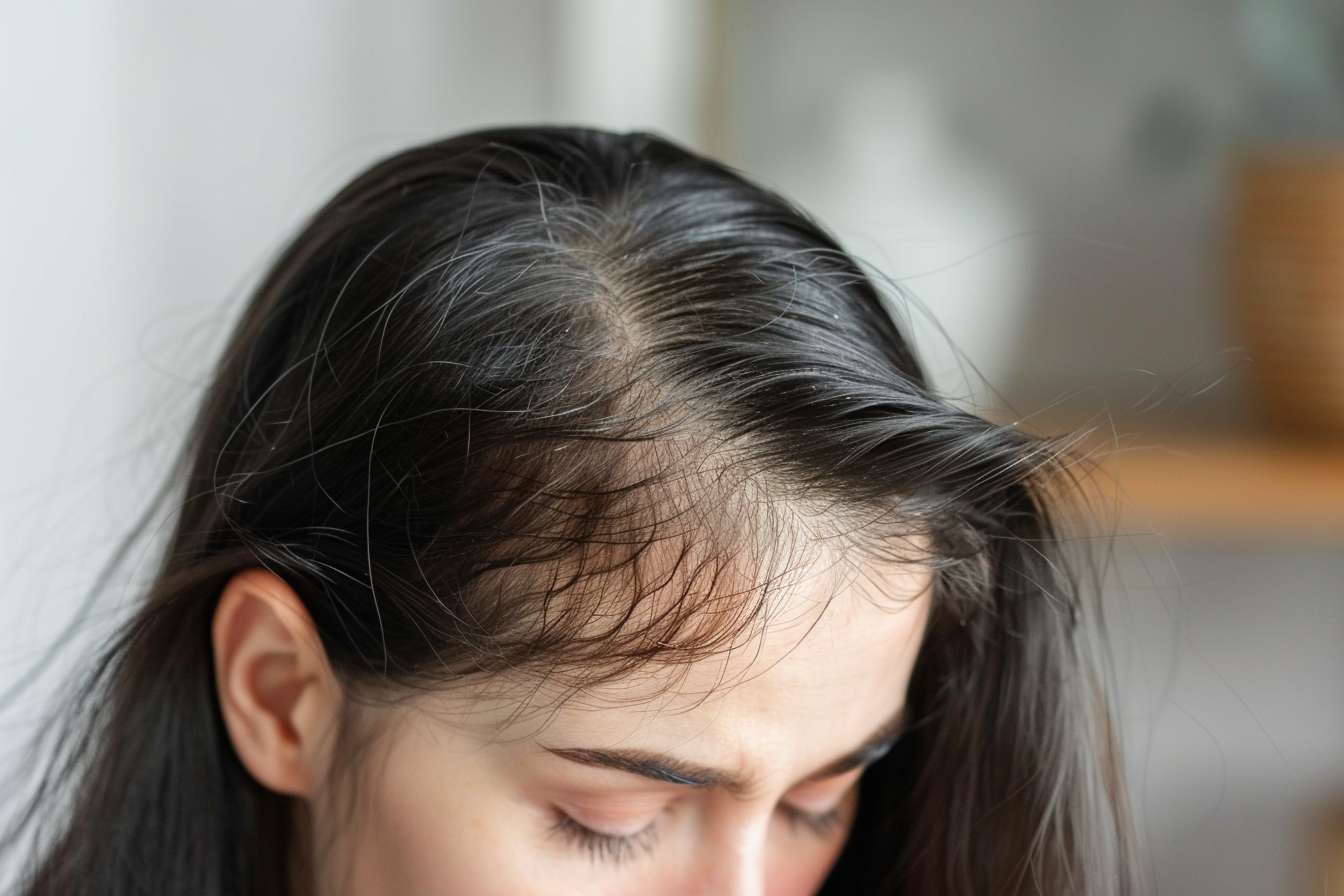Hair Loss in Women: Causes, Treatments, and Stigma
Hair loss affects millions of women worldwide, yet it remains a topic shrouded in silence and misconception. Unlike male pattern baldness, female hair loss is often more diffuse and can be triggered by a variety of factors, from hormonal changes to nutritional deficiencies. The emotional impact of hair loss on women can be profound, affecting self-esteem and social interactions. Despite its prevalence, female hair loss is frequently overlooked in medical settings and public discourse. This article explores the complexities of hair loss in women, examining its causes, available treatments, and the persistent stigma surrounding this common condition.

Hormonal Influences on Hair Health
Hormonal fluctuations play a significant role in female hair loss. Pregnancy, menopause, and thyroid disorders can all impact hair growth cycles. During pregnancy, elevated estrogen levels often result in thicker, fuller hair. However, postpartum hormonal shifts can trigger temporary hair loss. Menopause, with its decrease in estrogen and progesterone, can lead to thinning hair and increased sensitivity to androgens. Thyroid imbalances, both hyper- and hypothyroidism, can disrupt the hair growth cycle, leading to diffuse hair loss across the scalp.
Nutritional Factors and Hair Loss
Diet plays a crucial role in maintaining healthy hair. Iron deficiency, a common issue among women, can lead to hair loss by depriving follicles of oxygen and nutrients. Vitamin D deficiency has also been linked to hair loss, with research suggesting its role in hair follicle cycling. Protein intake is essential for hair growth, as hair is primarily composed of keratin, a protein. Crash diets or severely restricted calorie intake can shock the body, leading to telogen effluvium, a temporary but sometimes dramatic form of hair shedding.
Psychological Impact and Social Stigma
The psychological toll of hair loss on women is often underestimated. In many cultures, hair is closely tied to femininity and attractiveness. Women experiencing hair loss may face decreased self-esteem, anxiety, and depression. The social stigma surrounding female hair loss can lead to isolation and reluctance to seek help. Unlike male baldness, which is widely accepted and even embraced in some circles, female hair loss remains a taboo subject. This silence perpetuates misconceptions and delays diagnosis and treatment.
Treatment Options and Innovations
Advances in hair loss treatments offer hope for many women. Minoxidil, the only FDA-approved topical treatment for female pattern hair loss, can slow or reverse thinning in some cases. Low-level laser therapy (LLLT) has shown promise in stimulating hair growth. For more severe cases, hair transplantation techniques have improved dramatically, offering natural-looking results. Emerging treatments, such as platelet-rich plasma (PRP) therapy, harness the body’s own growth factors to stimulate hair follicles. Research into stem cell therapies and genetic treatments holds potential for future breakthroughs in hair restoration.
The Role of Stress in Hair Loss
Chronic stress can significantly impact hair health. High stress levels can push hair follicles into a premature resting phase, leading to increased shedding. The relationship between stress and hair loss is often cyclical, with hair loss itself becoming a source of stress. Stress management techniques, including meditation, exercise, and cognitive-behavioral therapy, can play a role in holistic hair loss treatment approaches. Understanding and addressing the stress-hair loss connection is crucial for comprehensive care.
Breaking the Silence: Advocacy and Awareness
Increasing awareness about female hair loss is essential for destigmatizing the condition and improving access to care. Support groups and online communities provide valuable resources and emotional support for women experiencing hair loss. Advocacy efforts aim to increase research funding and improve insurance coverage for hair loss treatments. By sharing personal stories and educating the public, women are slowly changing the narrative around female hair loss, emphasizing that it is a medical condition deserving of attention and compassion.




